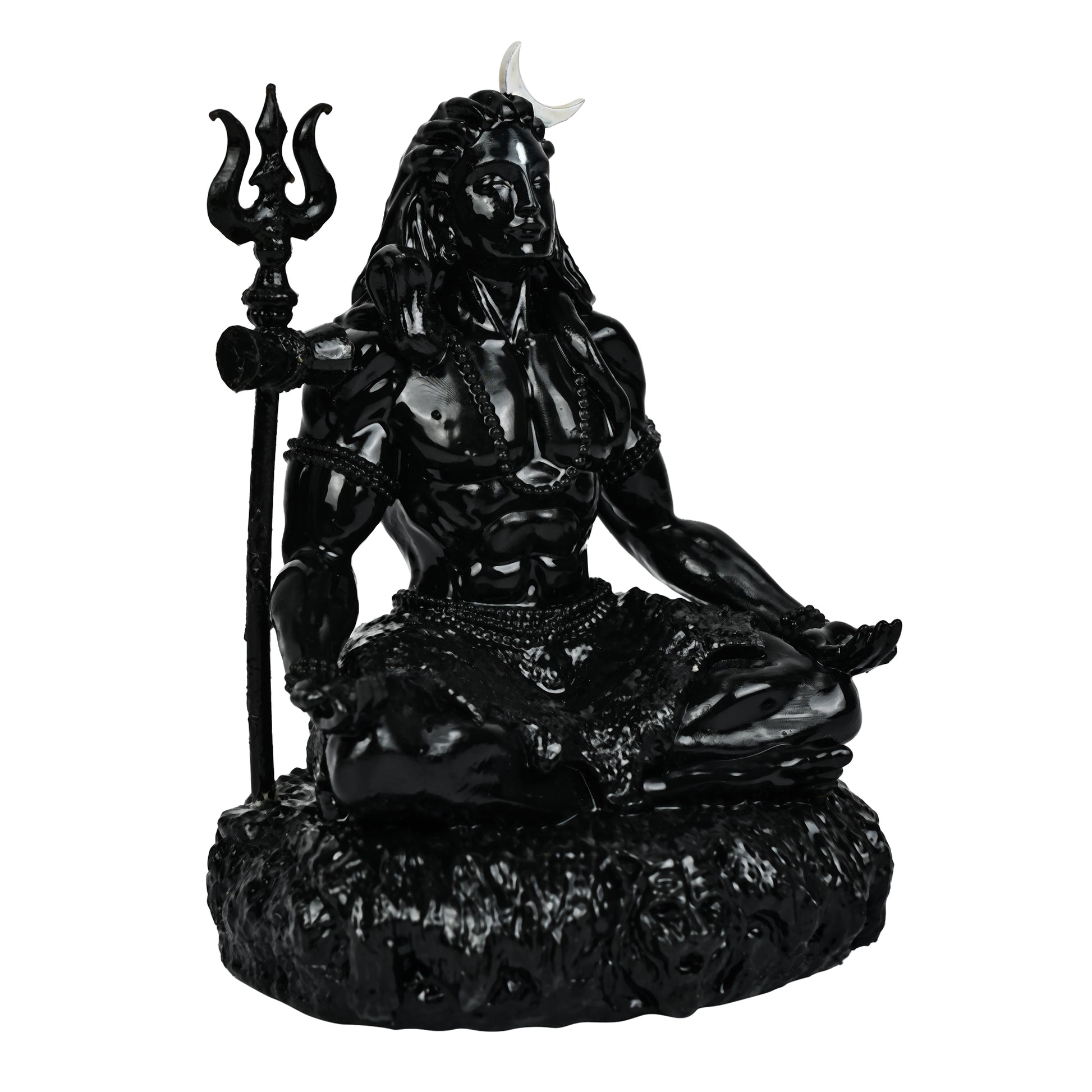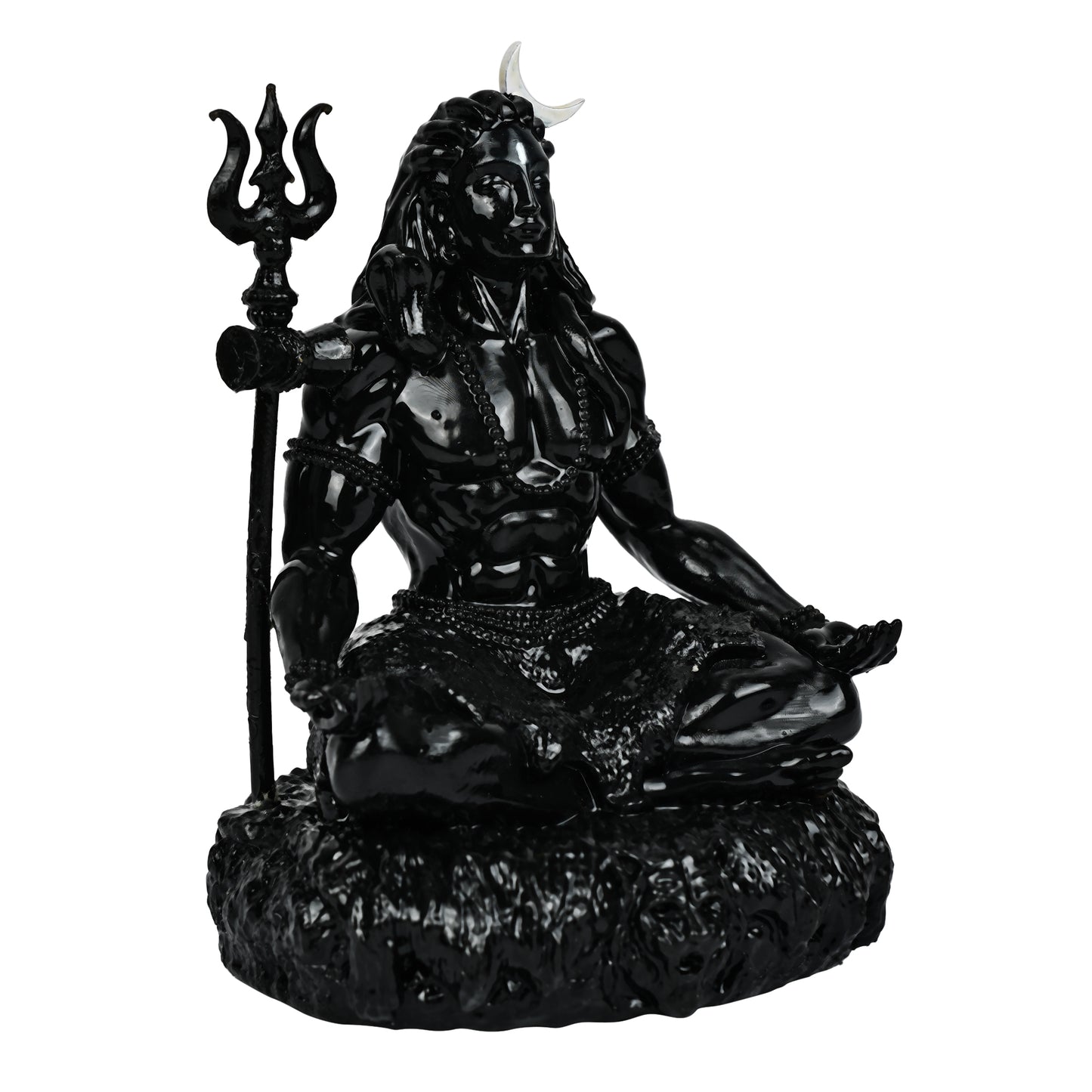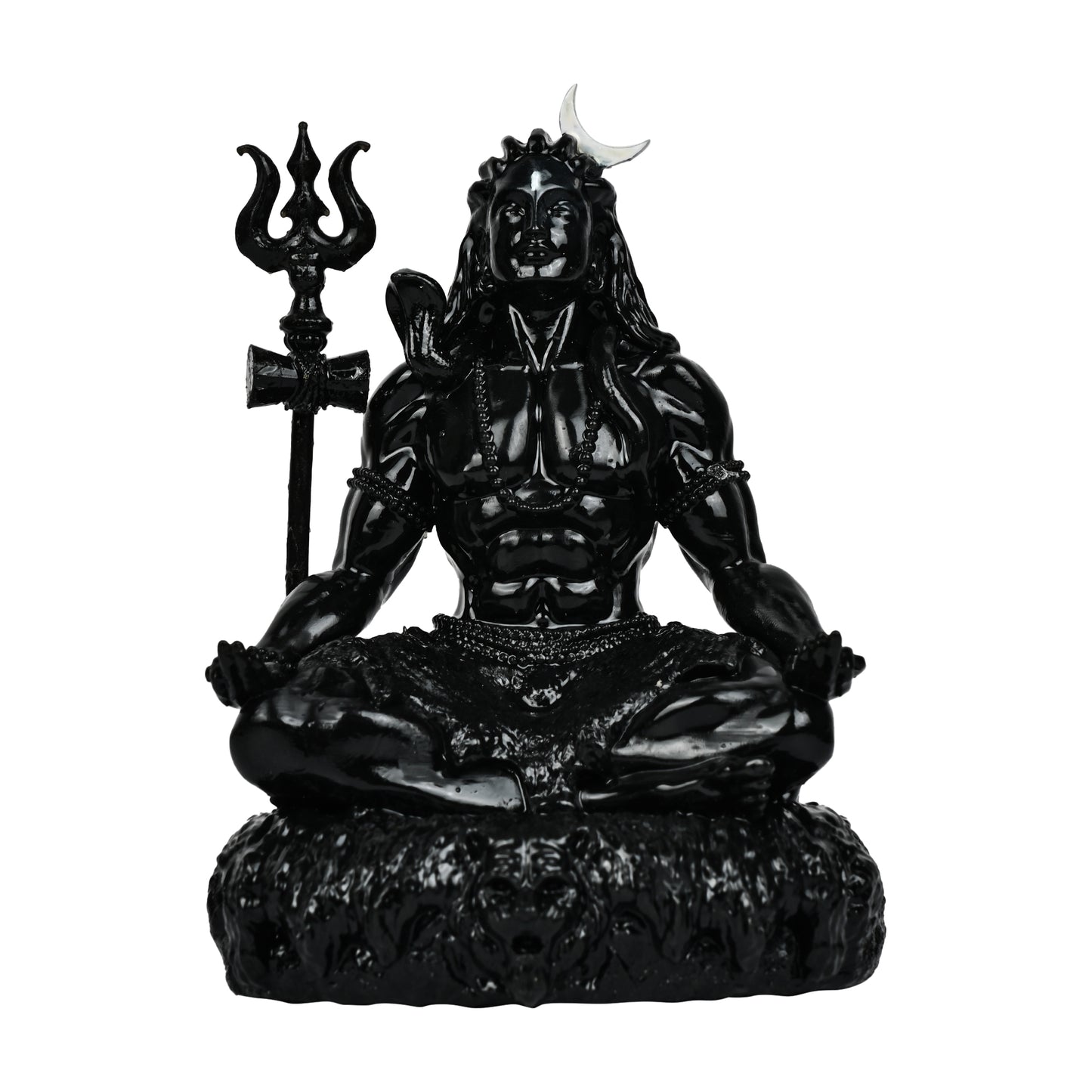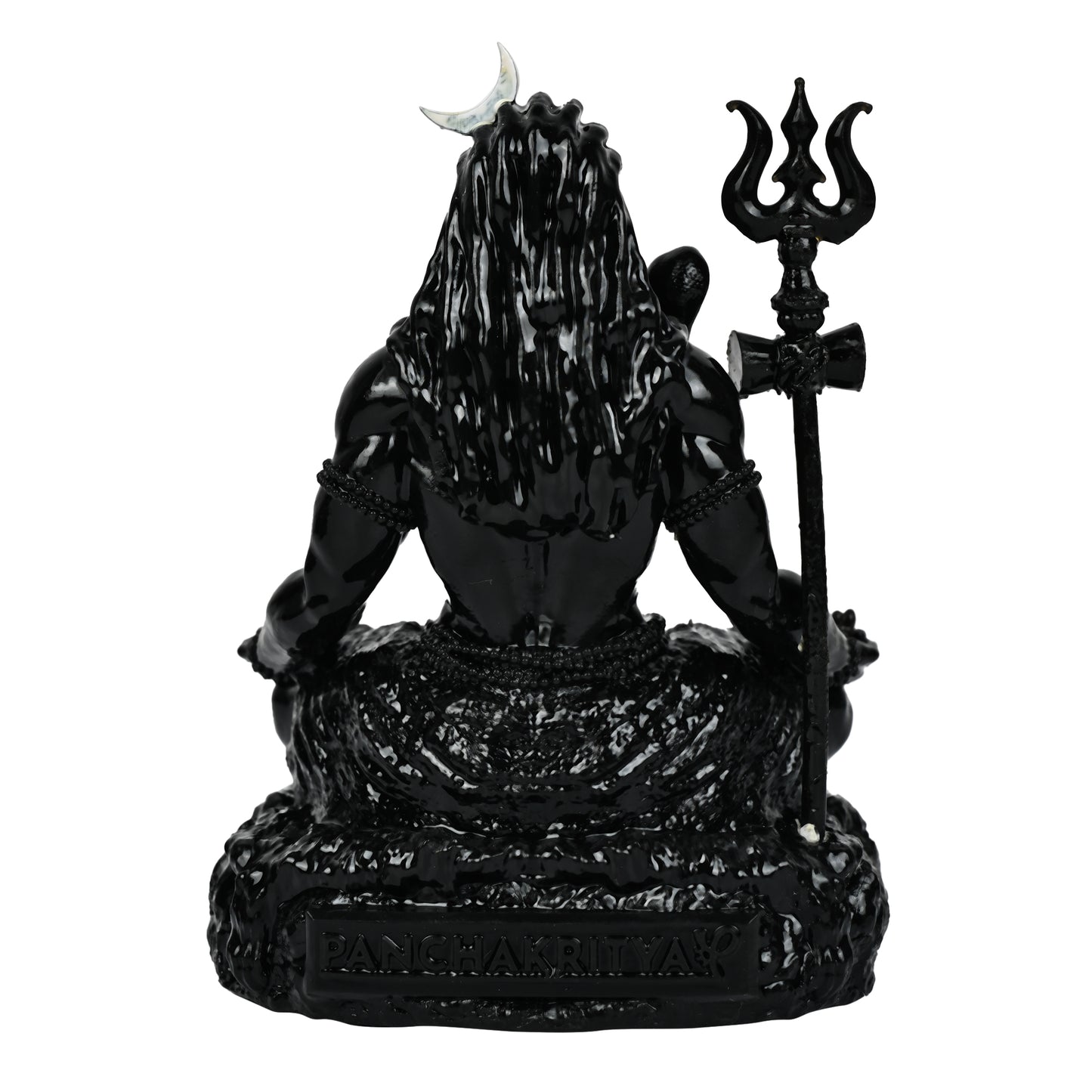Who Was Lord Shiva's Greatest Enemy?
In the rich tapestry of Hindu mythology, Lord Shiva stands as one of the most complex and revered deities. Known as the Destroyer within the Holy Trinity (Trimurti) that includes Brahma the Creator and Vishnu the Preserver, Shiva's role is vital in maintaining the balance of the cosmos.
His persona is a blend of ascetic and householder, embodying both destruction and regeneration. However, like all great figures in mythology, Shiva's narrative is punctuated by conflicts and adversaries that test his resolve and magnify his divine attributes. Among these, one figure stands out as his greatest enemy: The demon-king Ravana.
The Duality of Devotion and Defiance
Ravana’s relationship with Shiva is paradoxical. He is simultaneously a devout follower of Shiva and a Brahmin by birth, Ravana was a formidable scholar, warrior, and ruler. His ten heads symbolized his immense knowledge, strength, and ambition. Despite his devotion to Shiva, his hubris and unquenchable thirst for power led him to challenge the gods, thus becoming one of Shiva's greatest adversaries.
The Abduction of Sita: The Ultimate Transgression
The most significant act that cements Ravana as Shiva's adversary is his abduction of Sita, the wife of Lord Rama, an incarnation of Vishnu. This act of kidnapping sets off a chain of events leading to the epic battle of Lanka, where Rama, aided by an army of monkeys and bears, confronts Ravana.
Though this conflict is primarily seen as a battle between Rama and Ravana, it also embodies the cosmic struggle between good and evil, dharma (righteousness) and adharma (unrighteousness), with Shiva's silent yet significant presence looming over the narrative.
The Cosmic Battle and Shiva's Silent Judgment
While Shiva does not directly intervene in the battle of Lanka, his influence is palpable. As the deity of destruction and regeneration, Shiva's role is to maintain cosmic balance. Ravana’s defeat and subsequent death at the hands of Rama signify the triumph of dharma over adharma, restoring order to the universe.
Shiva’s silent judgment is inherent in the outcome of this cosmic battle, highlighting the inevitable fall of those who let their ego and ambition overshadow their devotion and righteousness.
The Lessons of the Rivalry
The enmity between Shiva and Ravana is rich with lessons. It illustrates the dangers of unchecked ambition and the fine line between devotion and arrogance. Ravana, despite his profound knowledge and devotion, allowed his pride to dictate his actions, leading to his downfall. This narrative serves as a timeless reminder of the importance of humility, righteousness, and the understanding that true devotion transcends the need for power and control.
The Legacy of Conflict
The story of Shiva and Ravana continues to resonate in contemporary interpretations of Hindu mythology. It is a testament to the multifaceted nature of divine narratives, where gods and demons alike are depicted with complex, relatable human traits.
Ravana's character, in particular, evokes a sense of tragic grandeur, his greatness marred by his flaws, making him one of the most compelling adversaries in Hindu lore.
In conclusion, the enmity between Lord Shiva and Ravana is not merely a tale of divine conflict but a profound allegory on the human condition. It is a story that transcends time, offering insights into the eternal struggle between good and evil, the perils of hubris, and the redeeming power of true devotion.
Through this mythological lens, we gain a deeper understanding of the values and virtues that sustain the cosmic order, reflecting the timeless wisdom embedded in Hindu philosophy.
Also Read: How To Connect With Lord Shiva





